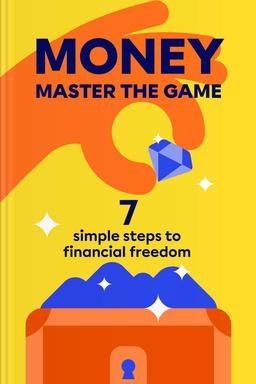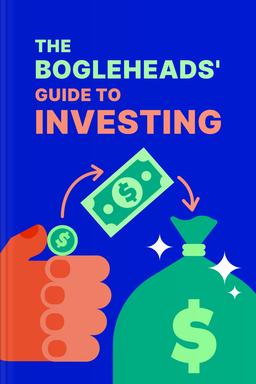What is Stock Investing for Dummies about?
This comprehensive guide demystifies the stock market, offering practical strategies for beginners to build wealth through investing. It covers essential concepts such as stock analysis, market trends, and portfolio diversification, empowering readers with the confidence to make informed investment decisions. With clear explanations and actionable tips, it serves as an essential resource for anyone looking to navigate the complexities of stock investing.
Who should read Stock Investing for Dummies
- Beginner investors seeking foundational stock knowledge.
- Individuals wanting to enhance their personal finance skills.
- Anyone interested in understanding stock market strategies.
What is Naked Economics about?
This engaging exploration of economics breaks down complex concepts into accessible insights. It covers key principles like incentives, market behavior, and globalization, using relatable examples and humor. The book aims to demystify economic theory, making it relevant to everyday life. Through clear explanations, it reveals how economic forces shape decision-making, public policy, and personal finance, encouraging readers to think critically about the world around them.
Who should read Naked Economics
- Economics students seeking approachable insights.
- General readers curious about economic principles.
- Professionals wanting to understand economic impacts on society.
What is The Big Short about?
This gripping narrative explores the complex world of the 2008 financial crisis, focusing on the individuals who predicted and profited from the collapse of the housing market. Through vivid storytelling, it examines the flawed banking systems, the role of derivatives, and the ethical dilemmas faced by those who foresaw the impending doom. The book highlights the consequences of greed and the fragility of the financial system.
Who should read The Big Short
- Finance professionals seeking to understand the 2008 crisis.
- Students of economics interested in real-world case studies.
- General readers curious about financial markets and crises.
What is Money Master The Game about?
This guide offers practical advice on achieving financial independence through seven actionable steps. Robbins distills insights from top financial experts, emphasizing the importance of mindset, investment strategies, and risk management. Readers learn how to create a balanced portfolio, protect their wealth, and develop a plan for lifelong financial security. The book aims to empower individuals to take control of their financial futures and live fulfilling lives free from money worries.
Who should read Money Master The Game
- Aspiring investors seeking financial independence.
- Individuals looking for practical money management strategies.
- Readers interested in personal finance and wealth building.
What is The Bogleheads’ Guide to Investing about?
This practical guide offers straightforward, easy-to-understand strategies for building wealth through low-cost investing. Emphasizing the importance of a diversified portfolio, the authors advocate for a passive investment approach, primarily through index funds. Readers will find actionable advice on asset allocation, retirement accounts, and avoiding common investment pitfalls, making it a valuable resource for both novice and experienced investors seeking long-term financial success.
Who should read The Bogleheads’ Guide to Investing
- New investors looking for straightforward guidance.
- Budget-conscious individuals seeking low-cost investment strategies.
- Financial beginners wanting to understand passive investing basics.




